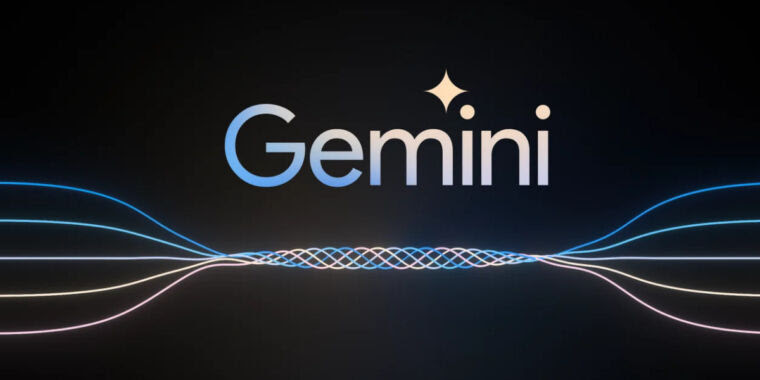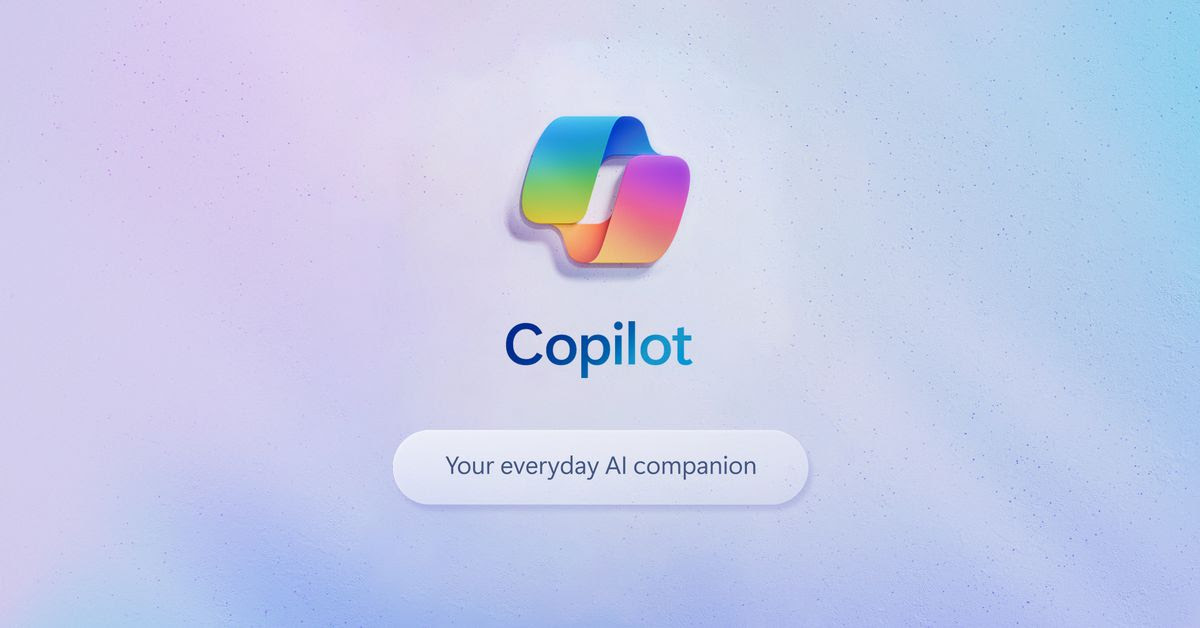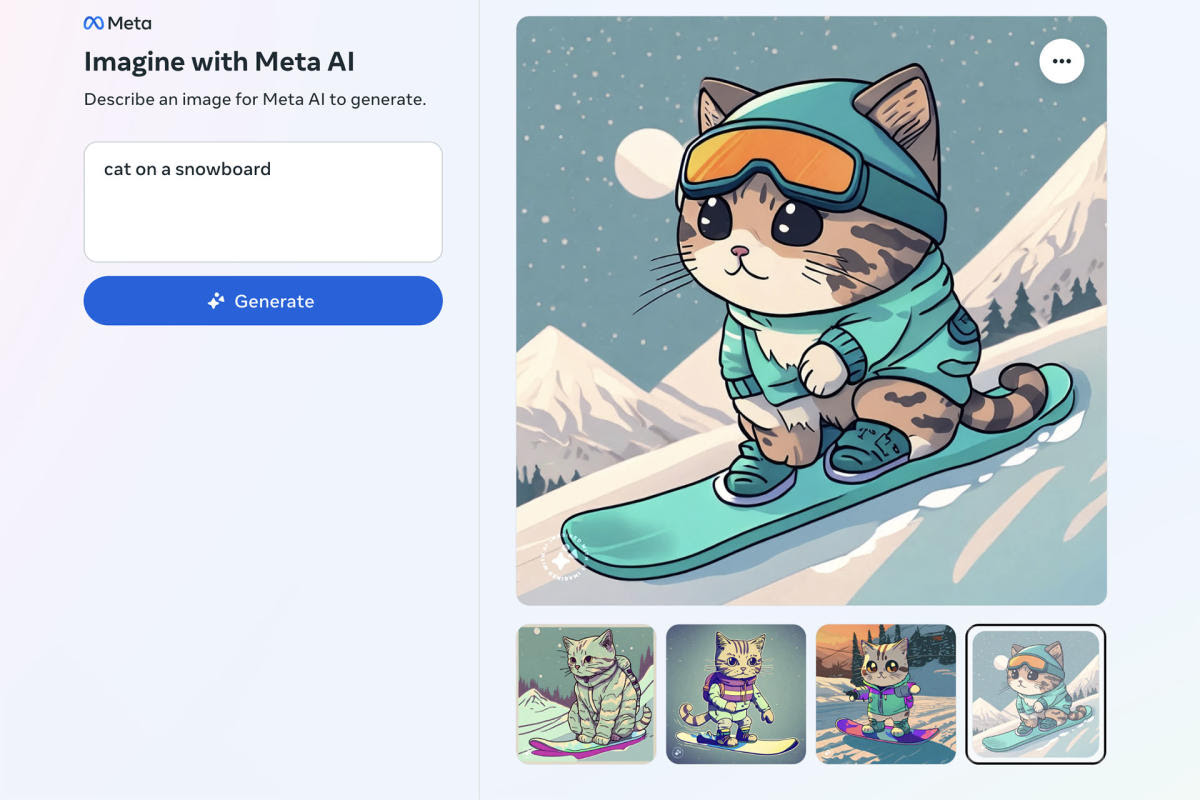Version 22.0

Written & Compiled by Macklin Andrick, GPJ Sr. Creative Technologist
GPJ’s Experience Technology practice is your trusted guide through the latest technological shifts and how they might benefit your next experience. Another week, another opportunity to explore some of the weird and wild things going on in the tech world!
Google unveils Gemini, boldly claiming to eclipse GPT-4. Meta and IBM join forces in an AI partnership and Microsoft, not to be outdone, powers up Copilot with OpenAI’s latest models, adding a dash of coding wizardry.

Google launches Gemini—a powerful AI model it says can surpass GPT-4
Last week, Google unveiled Gemini, a new AI model family, positioning it as a competitor to OpenAI’s GPT-4. Claiming superior performance in 30 of 32 academic benchmarks, Gemini is designed to handle multiple input types including text and images. Available in three versions—Ultra, Pro and Nano—Gemini integrates into various Google products, with the Pro version currently powering Google Bard. This launch signifies a major advancement in Google’s AI capabilities with plans for broader application in services like Search, Ads and Chrome, and availability for developers and enterprises through Google AI Studio and Google Cloud Vertex AI.
Meta and IBM form an AI Alliance
Meta and IBM have teamed up to form the AI Alliance, a new industry body focused on supporting open innovation and science in AI. This alliance, which includes around 45 organizations, aims to foster an open community for AI development, emphasizing trust, safety, security and economic competitiveness. The AI Alliance plans to work on AI trust metrics, infrastructure, and open-source models, and frameworks. However, the initiative faces skepticism due to the absence of major AI industry players like Google, Microsoft, and Nvidia, and the lack of concrete objectives or deadlines. The Alliance’s success is uncertain, given the diverse interests of its members and questions about the sincerity of IBM and Meta’s commitment to open AI development. The future impact and effectiveness of the AI Alliance remain to be seen.


Microsoft’s Copilot is getting OpenAI’s latest models and a new code interpreter
Amazon has introduced Q, an AI-powered chatbot for AWS customers, announced at the AWS re:Invent conference in Las Vegas. Priced at $20/year and currently in public preview, Q is trained on 17 years of AWS knowledge to provide solutions and advice on AWS-related queries. It integrates with various apps and software like Salesforce, Jira, Zendesk, Gmail and Amazon S3, learning about a business’s structure and operations. Q can analyze data, generate content and perform actions like creating service tickets and updating dashboards. It also offers features for troubleshooting and integrates with CodeWhisperer for code generation and interpretation. Q’s responses and actions are controllable and filterable, ensuring security and privacy. This tool is seen as Amazon’s response to similar AI-driven services in cloud computing, like Microsoft’s Copilot for Azure and Google Cloud’s Duet AI, and is considered a significant advancement in aiding developers with AI.
UAE’s Al-Futtaim Automotive Launches Virtual Showroom
Al-Futtaim Automotive, the UAE’s largest retailer of used cars, has partnered with Dubai-based VR technology firm Verse Estate to launch an immersive virtual showroom. This digital space offers customers a realistic automotive buying experience, allowing them to explore car models in detail, including features and limited customization options. The virtual showroom, initially launched for the New Energy Vehicle (NEV) brand BYD, is part of Al-Futtaim Automotive’s digitalization strategy and customer experience enhancement. It represents a shift towards digital solutions in the automotive industry, reducing the need for heavy real-estate investment and operation costs. This initiative aligns with the high technology adoption rates in the UAE and the region’s growing interest in innovative, digital-led experiences, as evidenced by Dubai’s investment in the metaverse and its aspiration to become a leading metaverse economy. The BYD Virtual Showroom is currently available at the new flagship BYD Showroom & Discovery Center in Dubai Festival City and will be featured at the Al-Futtaim Stand at COP28 Green Zone in Expo City Dubai.


Meta’s AI image generator is available as a standalone website
Meta has launched a standalone website for its AI image generator, Imagine, which was previously part of its AI chatbot and previewed at the company’s Connect event. The website allows users to create images from text prompts using Meta’s Emu model, producing four images per prompt with a visible watermark. Meta is also exploring an invisible watermarking system to protect the images. Additionally, a new “reimagine” tool in Meta’s messaging apps enables users to modify images created with Meta AI. Access to the Imagine site requires a Meta account, hinting at potential VR integrations. Beyond Imagine, Meta is integrating generative AI features across Facebook, Instagram, and WhatsApp, including tools like “Expander” on Instagram and AI-generated writing suggestions on Facebook. The company is also expanding its celebrity-infused chatbots with a new “long-term memory” feature, available in the U.S. These updates are part of Meta’s strategy to incorporate generative AI into its products, competing with other AI companies.
Microsoft’s Seeing AI app for low-vision and blind users comes to Android
Microsoft’s Seeing AI app, designed to assist blind and low-vision individuals, is now available on Android devices, expanding its reach beyond iOS. The app, released on the International Day of People with Disabilities, uses AI and the smartphone’s camera to provide audio descriptions of the surrounding world. It offers detailed image descriptions, object location identification, and the ability to answer questions about scanned documents, such as menu items or bill prices. Additionally, Seeing AI can read short texts, scan barcodes for product information, identify people and their expressions, recognize currency, colors, brightness, and even read handwritten text in some languages. The app supports 18 languages, with plans to increase this to 36 by 2024.

More Cool Stuff We Found
- The future of prompting is multi-modal
- The first humanoid robot factory is about to open
- Microsoft Paint’s OpenAI-powered ‘Cocreator’ image generator is here
- This $1,000 card can store a message in DNA
- Generate 3D models fast using AI
- The Inside Story of Microsoft’s Partnership with OpenAI
- The World’s First Write and Erase Robot
- This Multi-Filament 3D Printer Upgrade Lets You Create Colorful Designs Effortlessly
Missed a Creative Tech Byte? Find all previous versions here